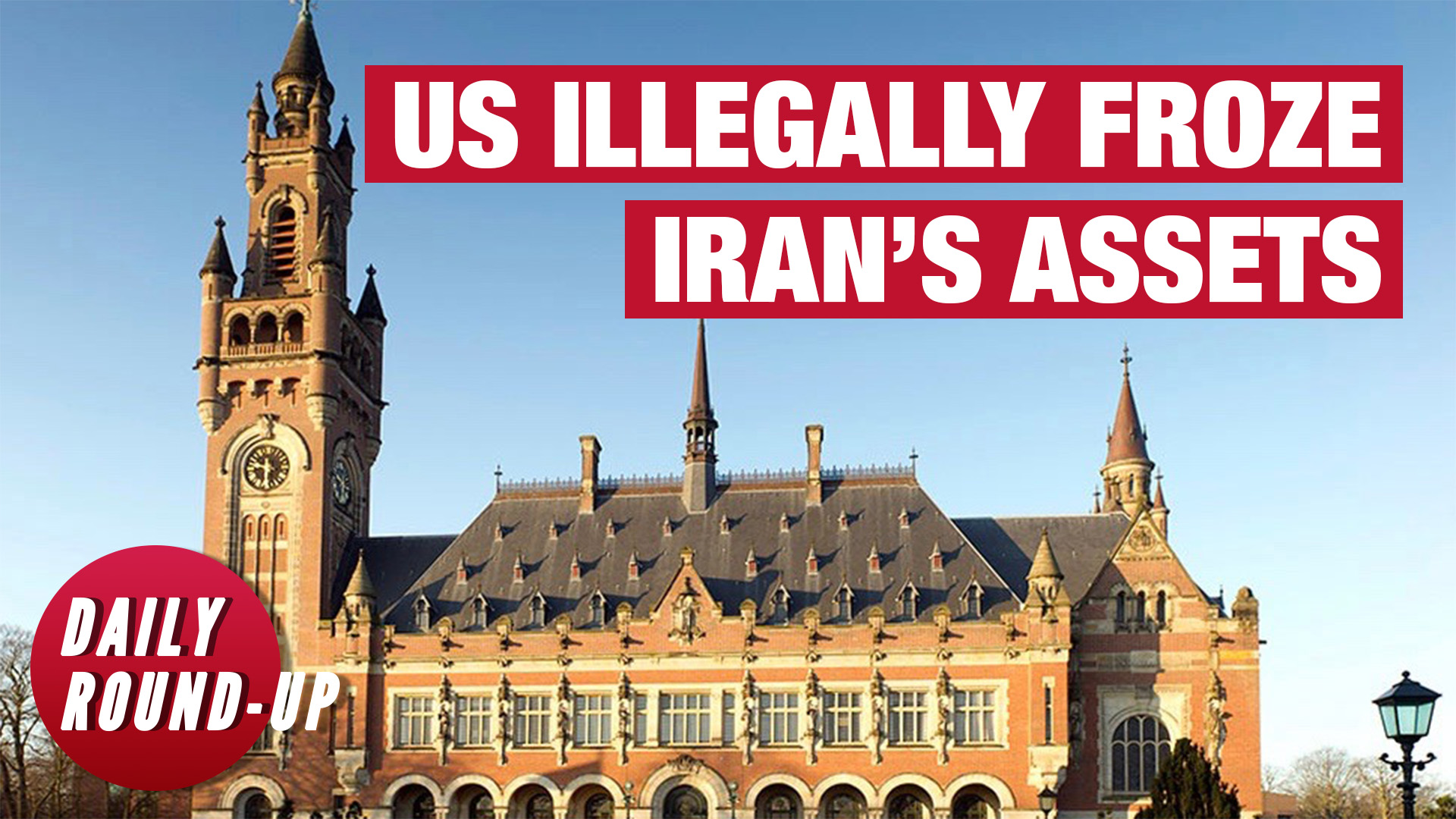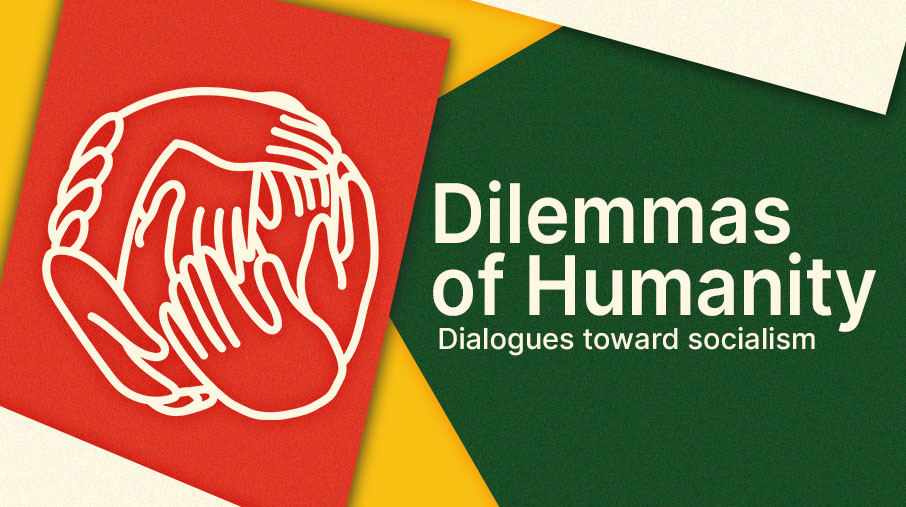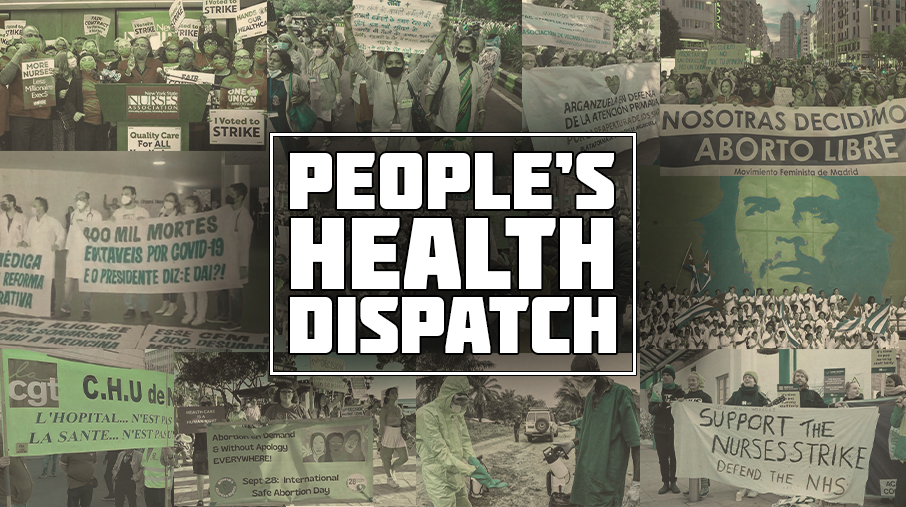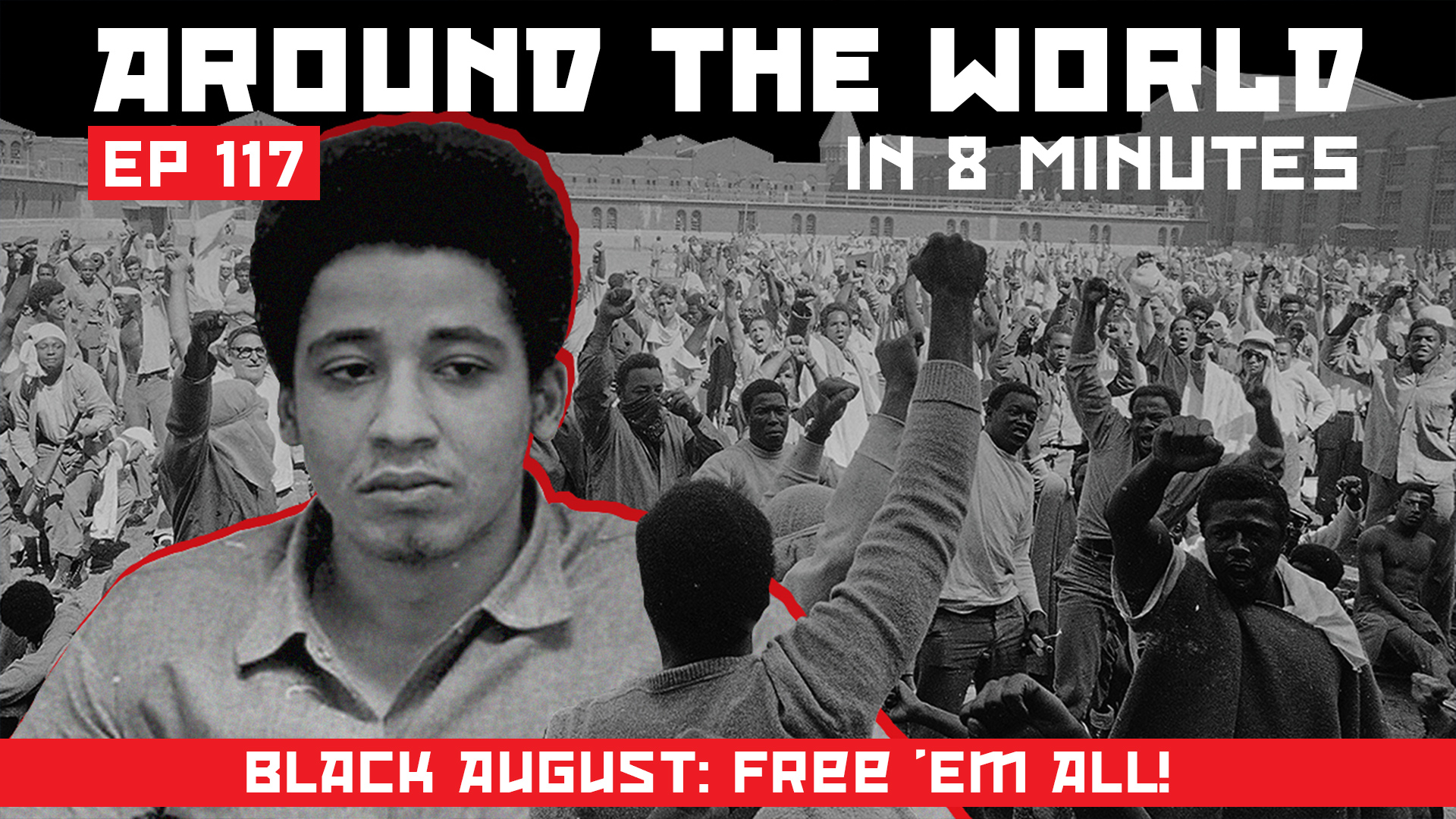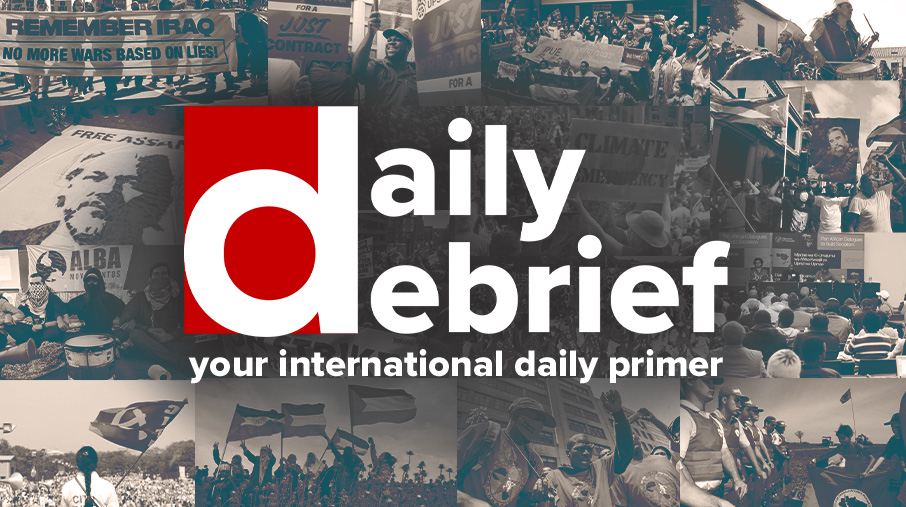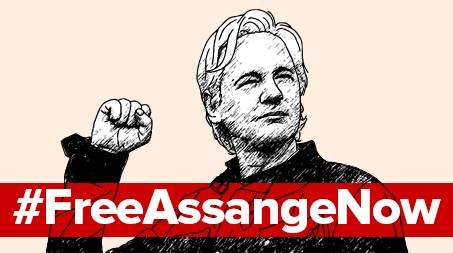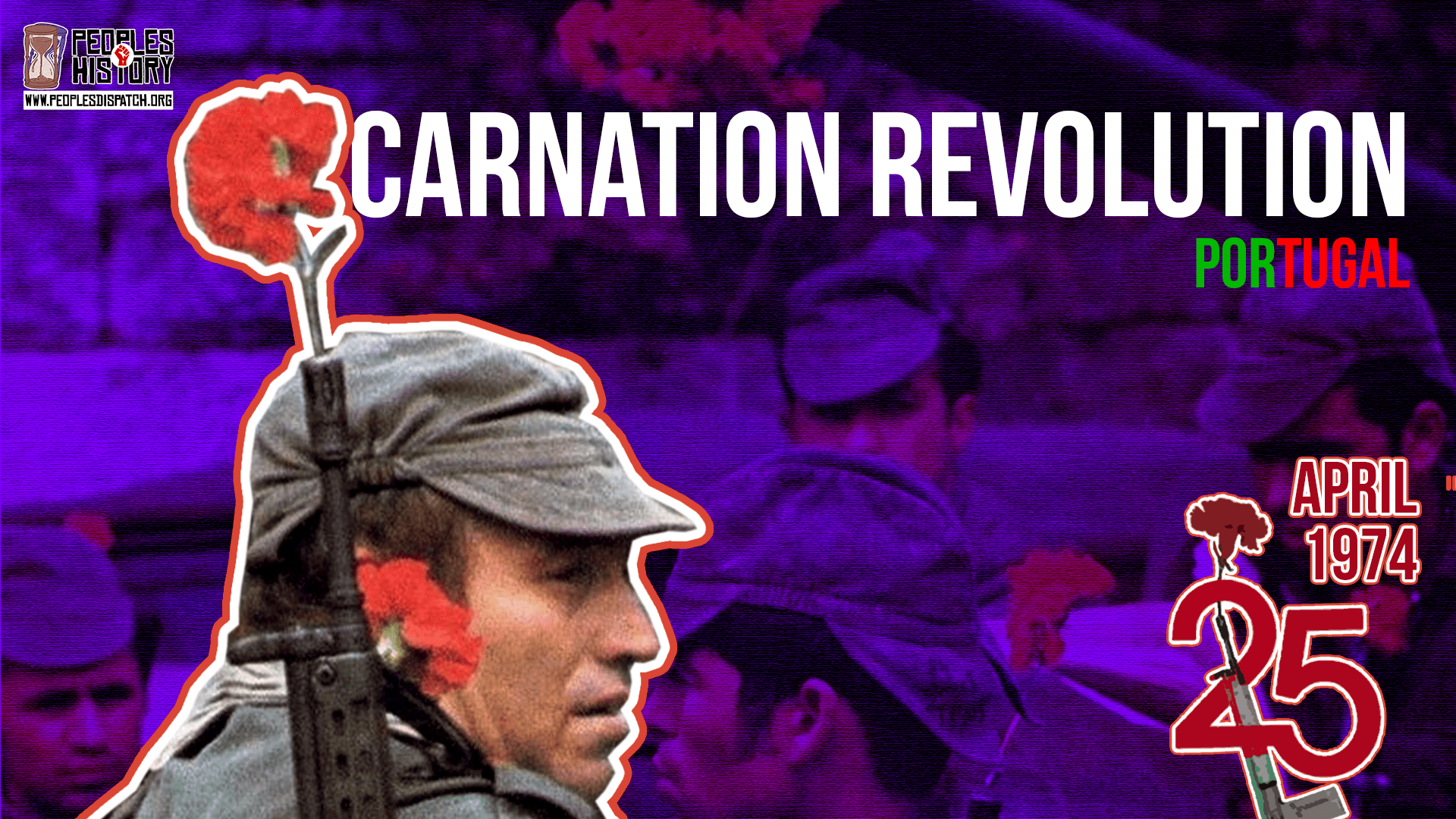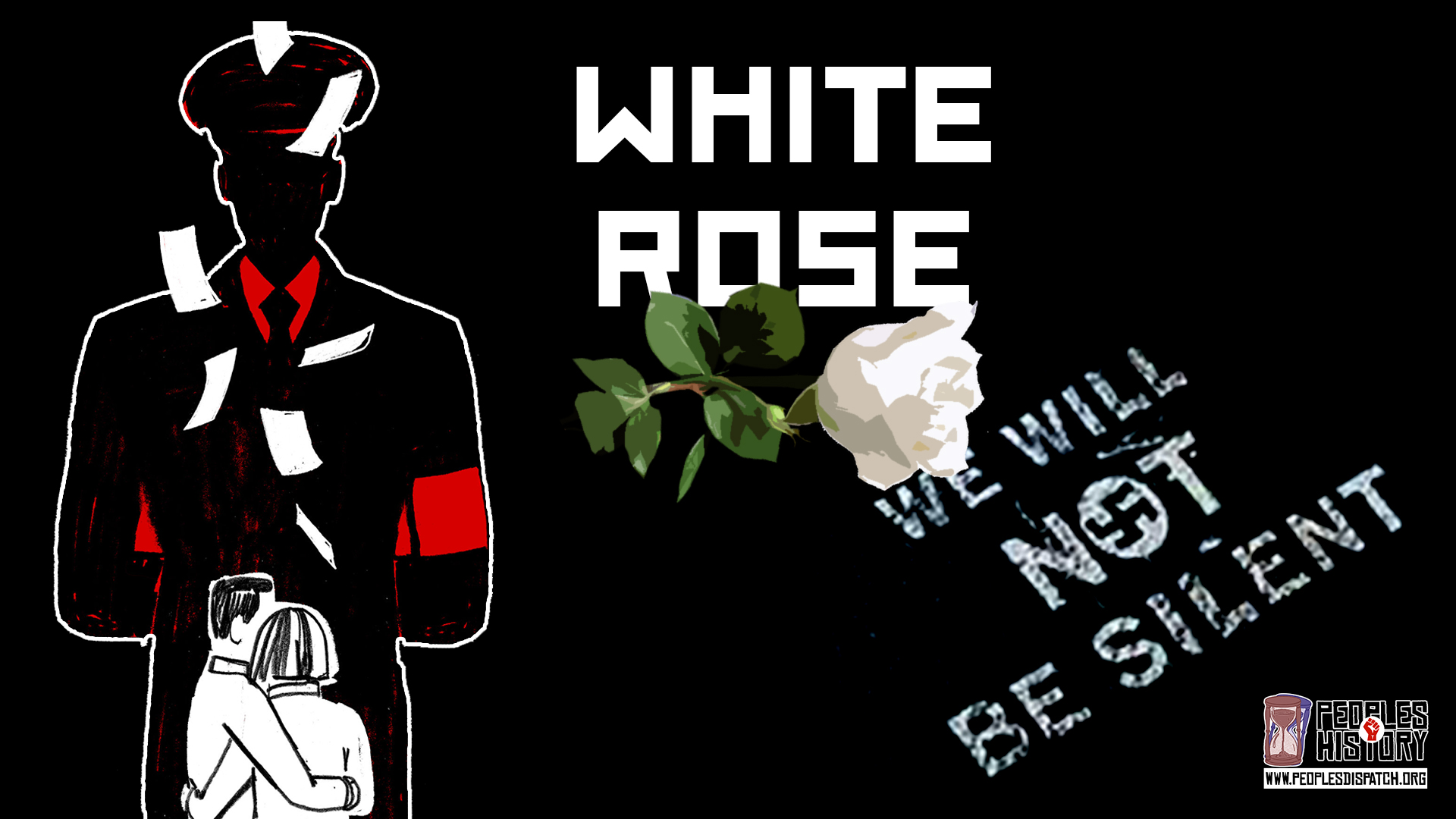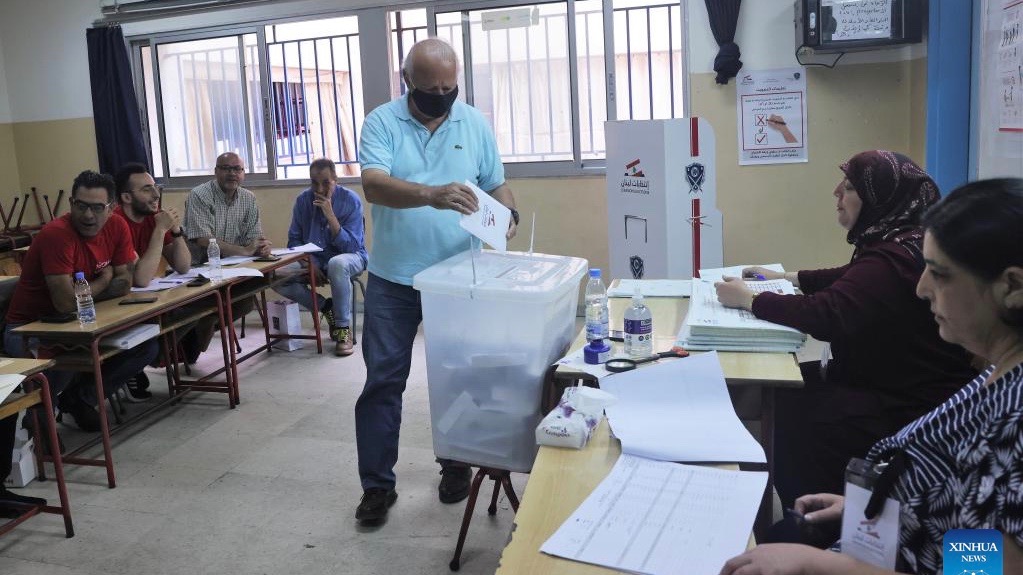 Preliminary results in Lebanon put Hezbollah and allies in lead but short of majority
Preliminary results in Lebanon put Hezbollah and allies in lead but short of majority
A key highlight of these elections has been the emergence of parties like Towards Change which claim to represent the protesters who took to the streets in 2019. They seat count may be in the double digits, giving them a key role in government formation
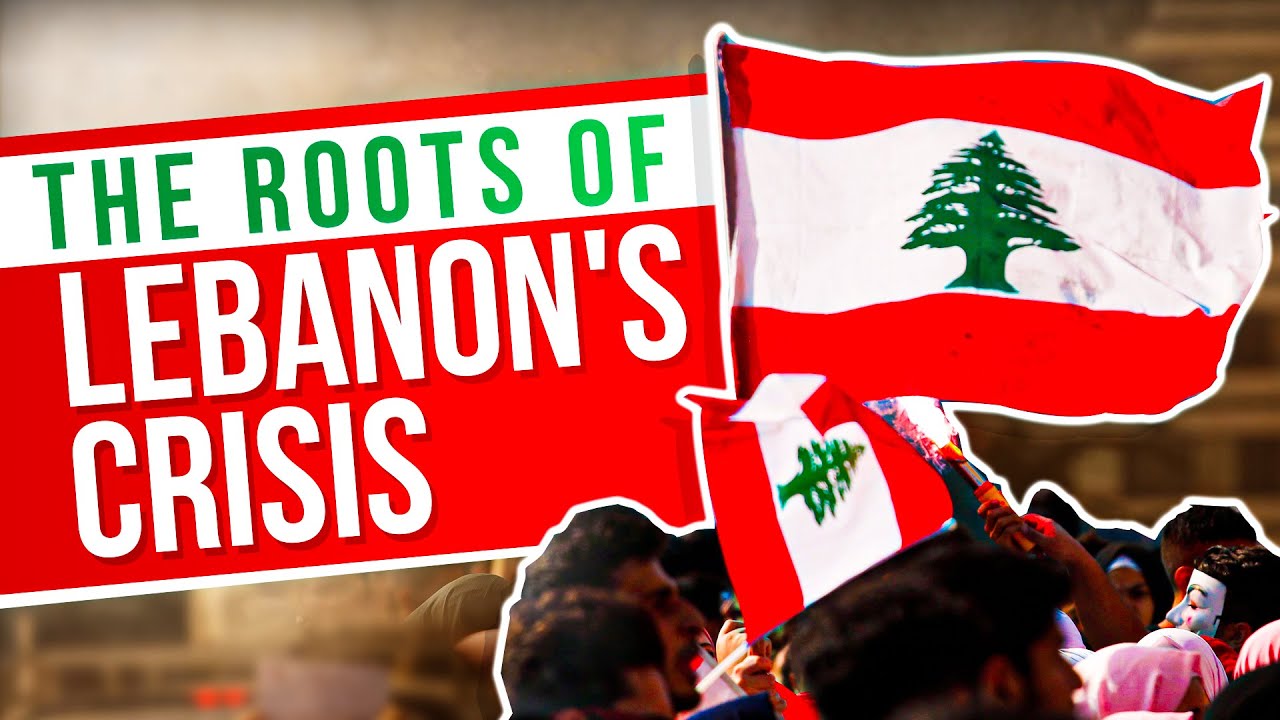 Mapping Faultlines: Lebanon’s crisis threatens to reopen old wounds
Mapping Faultlines: Lebanon’s crisis threatens to reopen old wounds
NewsClick’s Prabir Purkayastha talks about the continuing crisis in Lebanon in the context of the shooting of protesters in Beirut. He explains the legacy of the civil war
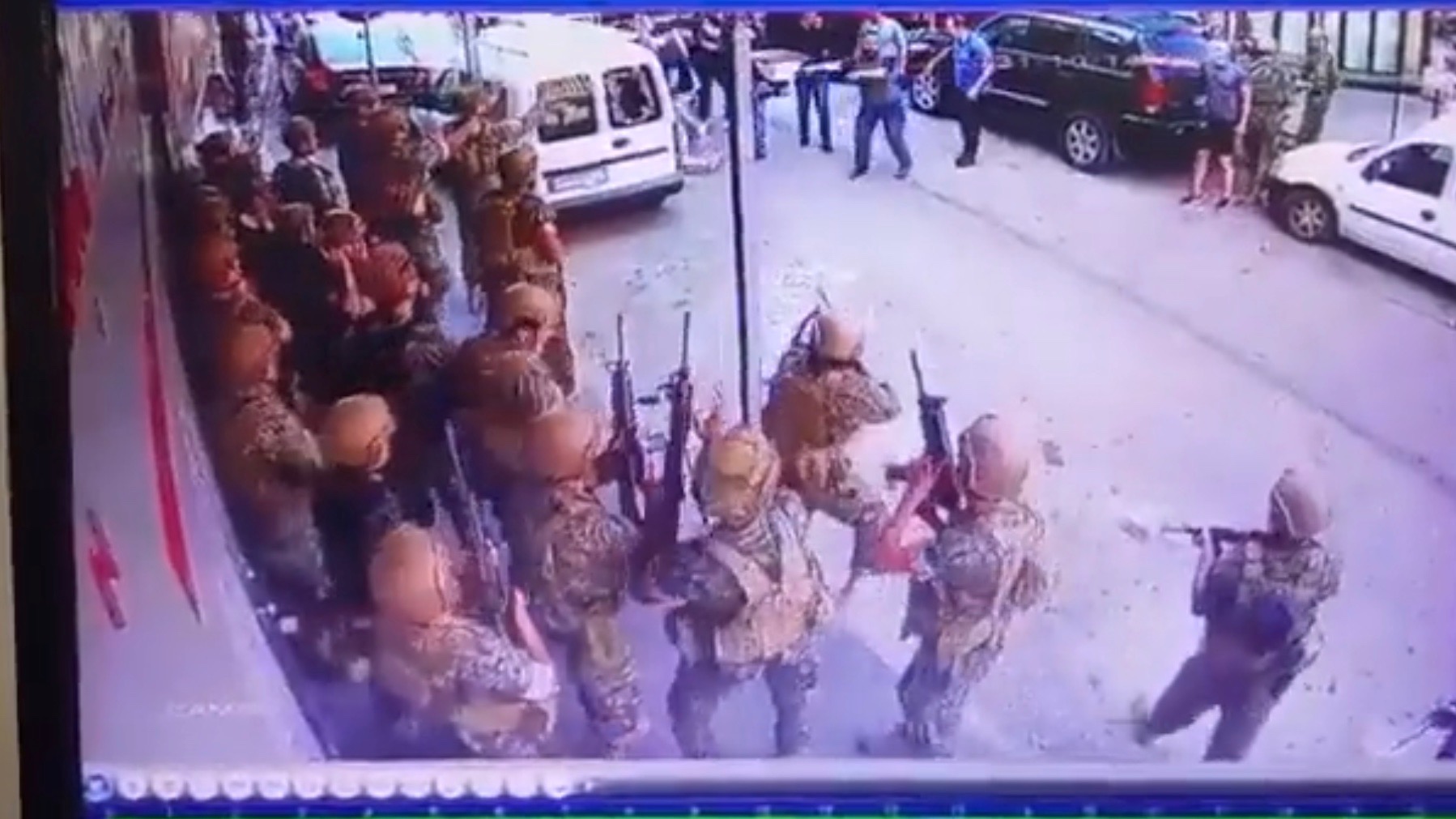 Lebanese army to investigate soldier seen shooting at protesters in Beirut last week
Lebanese army to investigate soldier seen shooting at protesters in Beirut last week
On October 14, seven people, including a woman, were killed and dozens were wounded when gunmen attacked a protest in Beirut’s Tayouneh area. A video of an soldier shooting at protesters has gone viral on social media
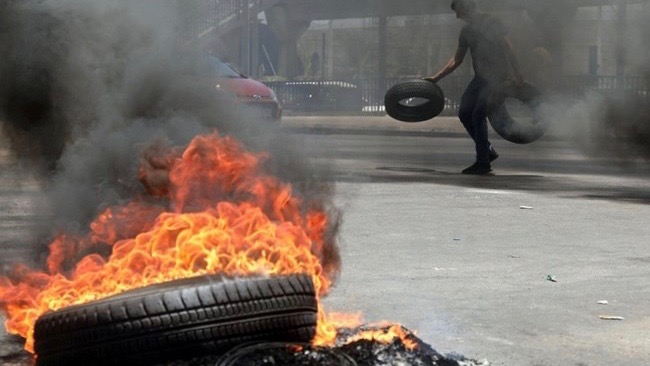 Lebanese trade unions observe day-long strike against worsening conditions for workers
Lebanese trade unions observe day-long strike against worsening conditions for workers
The strike was called by the General Confederation of Lebanese Workers (CGTL), an umbrella body of trade unions in the country, and supported by some major political parties including the Free Patriotic Movement, Future Movement, and Amal
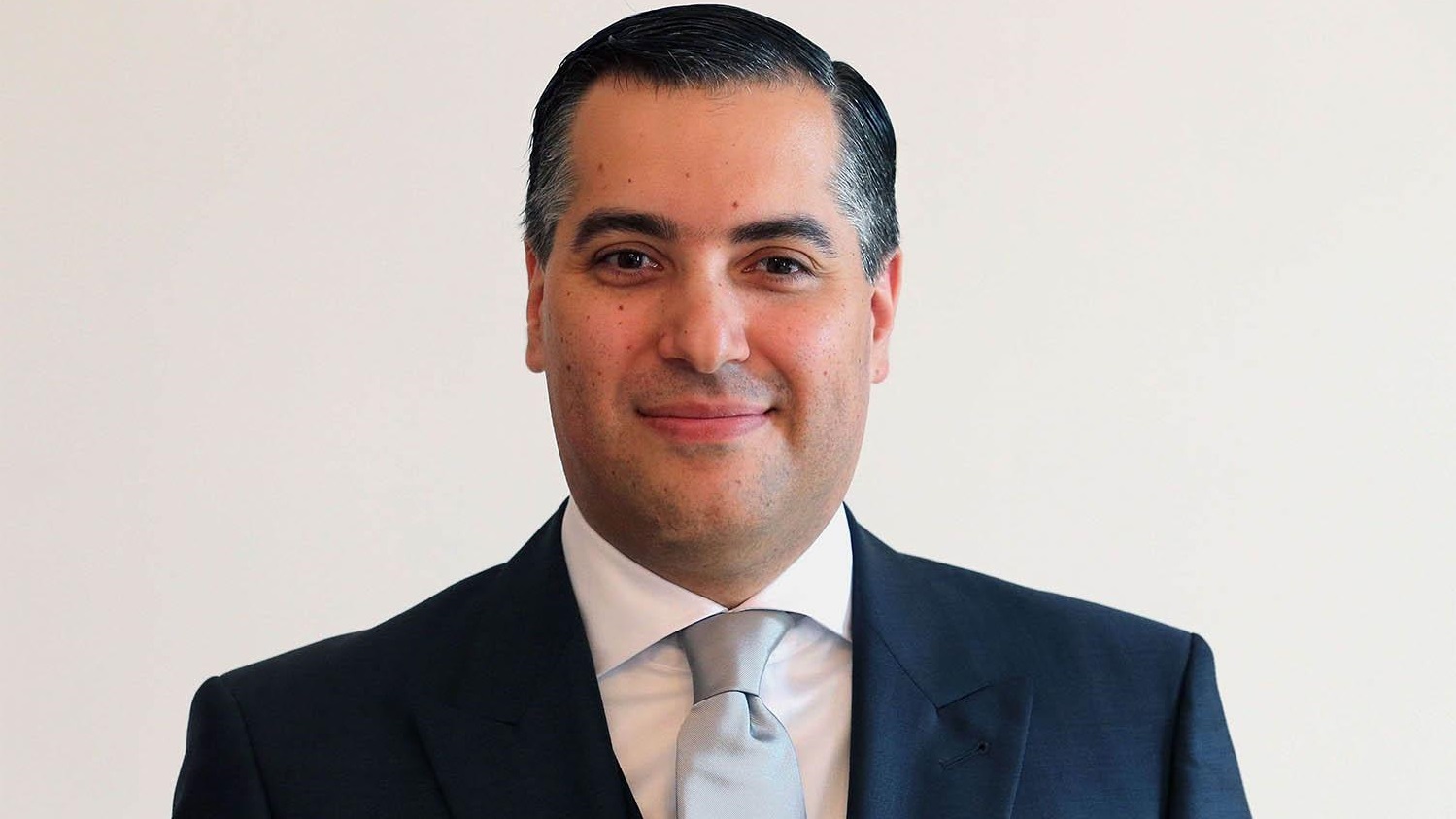 Mustapha Adib is Lebanon’s new PM
Mustapha Adib is Lebanon’s new PM
Mustapha Adib, Lebanon’s ambassador to Germany, has won the support of the major political blocs but is part of an establishment whose credibility is at a historic low following the Beirut blasts
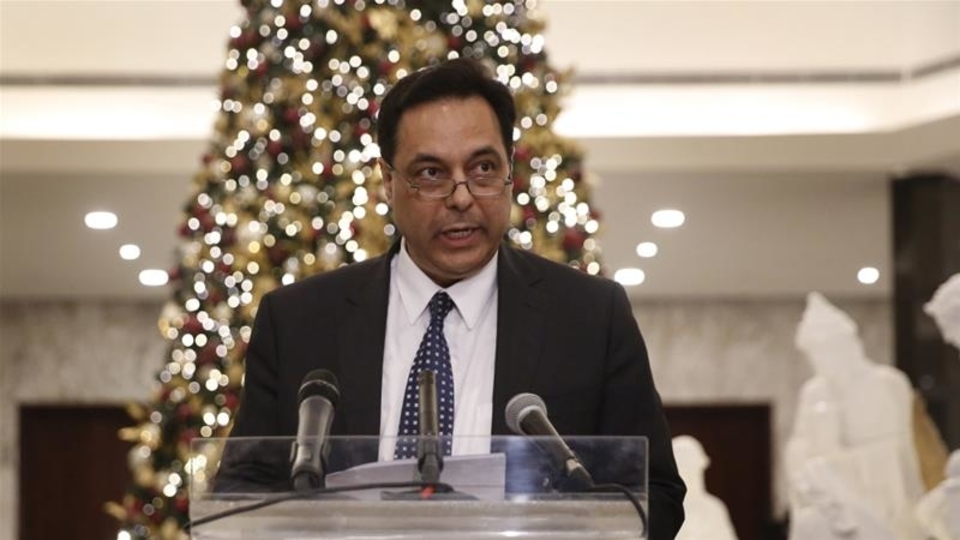 Protests unlikely to subside in Lebanon despite formation of new government
Protests unlikely to subside in Lebanon despite formation of new government
On January 21, president Michael Aoun announced the formation of a new government led by Hassan Diab but protests may continue as many of the key demands have not been met
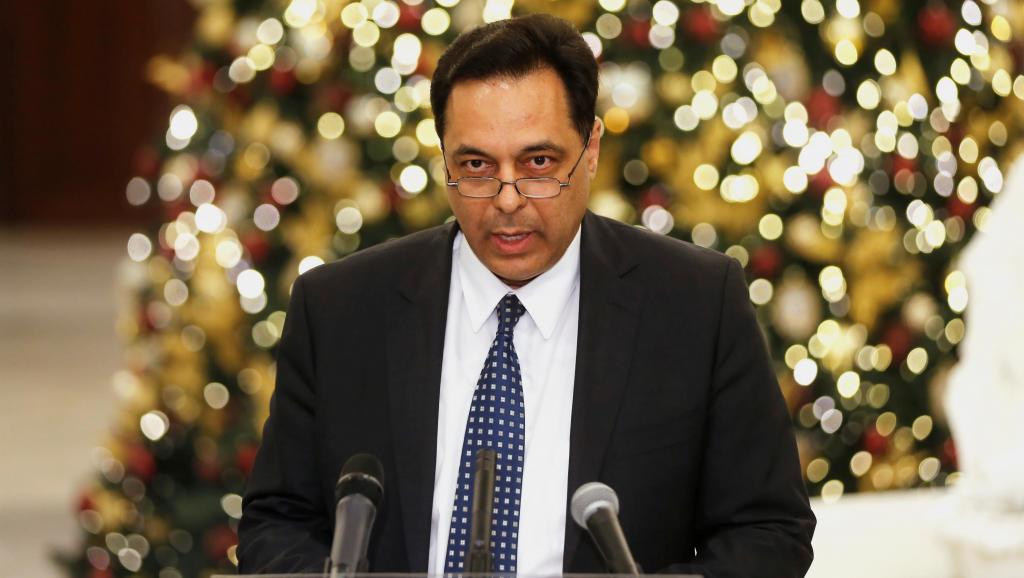 Lebanese parliament elects Hassan Diab as new prime minister
Lebanese parliament elects Hassan Diab as new prime minister
Protests who have been mobilizing since October are not satisfied with the election of Hassan Diab and continue to push their demands of a complete overhaul of the political system
 Lebanon protests against Saad Hariri’s possible re-election
Lebanon protests against Saad Hariri’s possible re-election
Security forces tried to stop the protestors and fired tear gas, injuring scores.
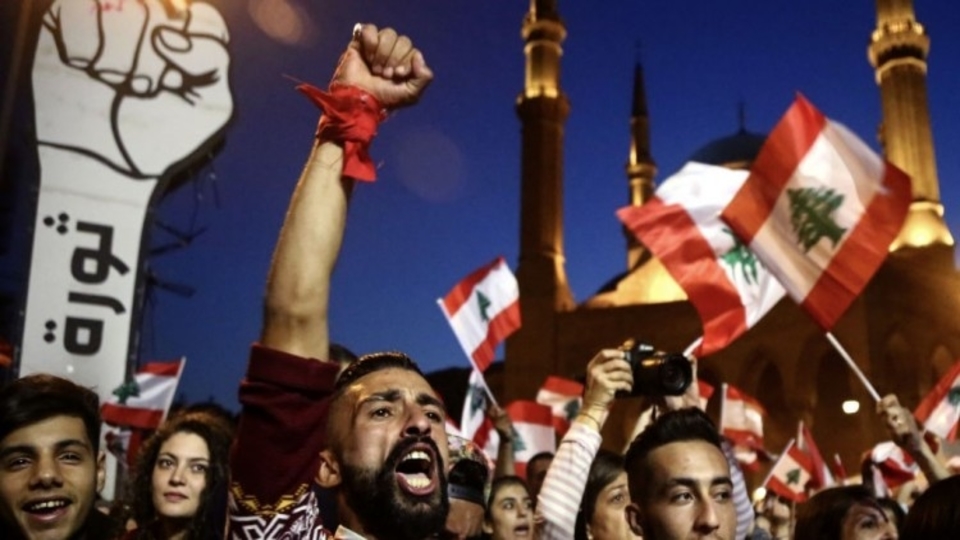 Political uncertainty in Lebanon deepens amid fresh protests
Political uncertainty in Lebanon deepens amid fresh protests
Fresh protests were registered in Lebanon over the weekend, with the failure of the country’s ruling elites to resolve the political crisis following the resignation of Saad Hariri as prime minister


